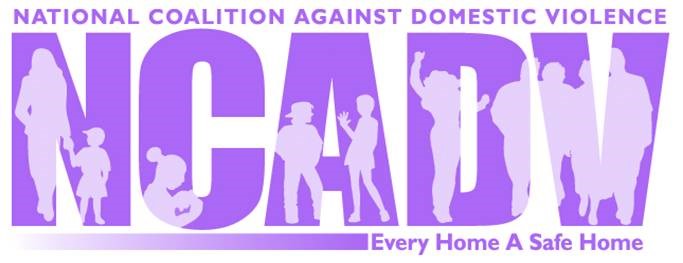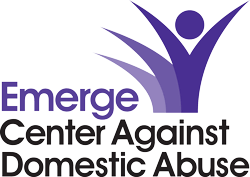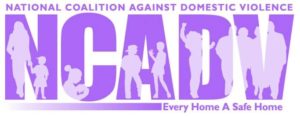
June 15, 2015
The unclear and far reaching ruling issued recently by the Supreme Court in Elonis v. United States, what’s been titled the “Facebook threats” case, could have profound consequences for those experiencing domestic abuse.
Even if there’s no intention to act, making threats is a destructive intimidation tactic used in abusive relationships. The Elonis ruling is minimizing the impact of this behavior, even though the US Department of Justice’s website includes “any behaviors that intimidate, manipulate, humiliate, isolate, frighten, terrorize, [or] threaten” in its definition of domestic violence.
Being threatened and stalked can affect anyone’s mental state, hindering a person’s ability to function at work and home. Unfortunately, this type of abuse does not always cease when the relationship ends, and sometimes it gets even worse. The Elonis ruling implies that survivors of abuse could be faced with prolonged harassment and turmoil, even after leaving the relationship, left to live in fear with no legal course of action.
However, many times threats are carried out, making the risk to survivors of domestic abuse go beyond emotional trauma. In Arizona alone, at least 125 people were killed in domestic violence related homicides in 2013 (ACESDV, 2013). Research has shown a high correlation between prior threats to kill and lethal action, in fact it’s one of the most prominent risk factors consistently linked to murder. The more specific the threat is, the greater the risk of it actually being acted out.
No one deserves to be abused, emotionally or physically. Threats of violence from a current or former intimate partner are a form of domestic abuse, regardless of whether the words are typed or spoken. In an increasingly digital age, the need to assess online safety concerns plays a critical part in ensuring society’s overall wellbeing. The Elinos verdict has fallen short of doing so. Read more about the case in the article below from the National Coalition Against Domestic Violence.
Elonis Ruling by U.S. Supreme Court Fails Victims
DENVER, CO, June 2, 2015 —Yesterday, in a concerning turn of events, the Supreme Court ruled in favor of Anthony Douglas Elonis in a case that will have a profound impact on victims and survivors of online abuse and cyberstalking. Using a pseudonym, Elonis posted self-styled rap lyrics threatening his ex-wife, his co-workers, law enforcement agents and a kindergarten class. He claimed he was merely exercising his First Amendment rights and did not intend to follow through with his threats.
Elonis was convicted of cyberstalking and appealed his case all the way to the Supreme Court. In his original trial, the court told the jury Elonis should be held guilty if a reasonable person would have known such actions would be interpreted as a threat. He claimed that standard was too low, and the prosecutor should have to prove he actually intended his statements to be a ‘true threat’.
In a 7-2 ruling that is a blow to victims, advocates, prosecutors and law enforcement around the country, the Supreme Court sided with Elonis. However, the ruling did not define the threshold required for conviction, leaving the lower courts to thresh out the issue. The fall-out has yet to be seen, but this ruling has the potential to jeopardize stalking laws nationwide.
“Once again our system has shown that it does not understand nor recognize how creative and manipulative abusers can be, nor has it shown that victims can trust our system to provide full protections. Most everyone else held the stalker accountable for his harmful actions, but in this instance the courts failed the victim,” says Ruth Glenn, Executive Director of the National Coalition Against Domestic Violence.
Stalking is a serious crime that can have profound physical, psychological and financial impacts on victims. It is also a key indicator of lethality. A ten-city study of intimate partner homicide found that 76% of women killed by intimate partners and 85% of women who survived such murder attempts were stalked by their murders. As a society, we must have a zero-tolerance policy toward all forms of abuse.
The National Coalition Against Domestic Violence (NCADV) has worked since 1978 to make every home a safe home. The NCADV works to raise awareness about domestic violence; to educate and create programming and technical assistance, to assist the public in addressing the issue, and to support those impacted by domestic violence. Visit us at www.ncadv.org.

